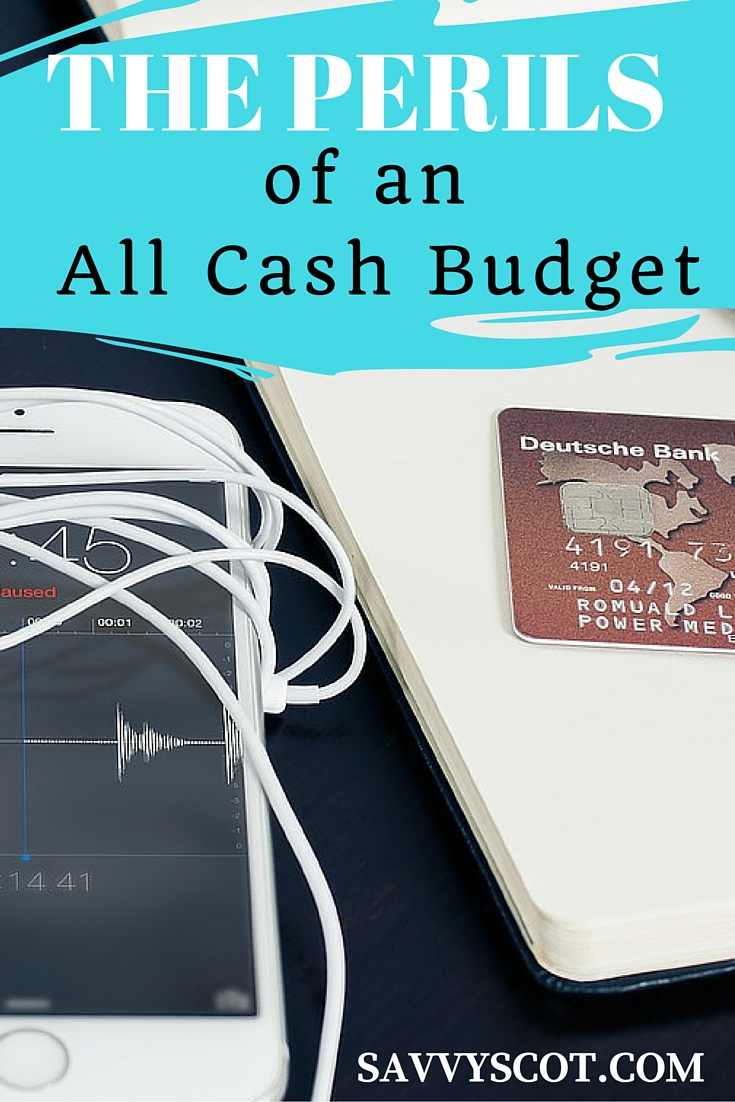A popular trend over the past decade has been to spit in the face of digital currently and use paper money instead. Why? Many people believe that paper money keeps you from overspending. You only have a set amount. Once you spend it, it’s gone.
In theory, this sounds nice. You simply keep cash on hand. You put a set amount in envelopes for each category you’re budgeting for. Once you’ve spent it, you can’t spend any more. However, this is crazy. Digital currency is better in every respect. In fact, physical currency will become a thing of the past soon. Denmark, Norway, Sweden all plan to go to a cashless society. Many other countries, no doubt, will follow suit.
Why Digital Is Better Than Paper
Digital currency doesn’t really get misplaced. It can also earn interest while not in use. It’s also fast to transfer to one account to another. Making payments is faster as well. You needn’t worry about cheques, postage, envelopes or other such 20th century nonsense. Furthermore, many companies offer a reduction in cost if you pay digitally. That’s because it’s easier and cheaper for them to get their money. Most student loans in the States offer a .25% interest rate reduction – just for paying electronically! If that reason isn’t enough, I don’t know what is.
The Perils of Paper
Paper is inconvenient. You have to physically go a place to get physical cash. You also have to be concerned about losing the money – either by losing it yourself or getting robbed. Some people also report they spend more using paper. That’s because once you break a large note, the rest always seems to be gone in a hurry. Many people spend the excess just because it’s taking up room in their pocket. Small bills and change can be really, really annoying.
It also takes longer to pay with paper. Even if you don’t mind, the people behind you in line probably do. Also, you can’t use paper online. In the US, clicks beat bricks this year. That means that more people bought online and in stores. Times they are a changin’.
The same negatives are true of writing paper cheques. Except they take even more time to pay than with cash. Sometimes, I avoid getting in the checkout line with someone who’s over sixty years of age. It’s because I think they might pay with a cheque and hold up the line.
Digital Payment Methods
Instead of cash, I pay everything with either a credit card, debit card or PayPal. This makes things very easy for me. I also get cash back rewards with my credit card. It’s not much but it’s far better than nothing. I think last year I earned $100.
If you don’t have a credit card, getting one isn’t too complicated. Apply for a secured credit card. A secured credit card works like any other card, it simply requires a security sum. That means, if you want to have a credit limit of $500, you generally need to first send $500 to the credit card issuer. So for each purchase, you are really spending your own cash. But it’s still good to do. First off, it gives you practice of what it’s like to use a credit card responsibly. Second, it will boost your credit score. This means you can apply for an unsecured card after a year. Yes, a secured credit card is basically a credit card on training wheels.
There are some cons to a secured card. For instance, they usually don’t come with rewards. Also, they usually don’t build your credit as fast as an unsecured card might. But for most people, they must start with a secured card. Applying is easy. Personally, I think it wise to apply for a card which can be later converted into an unsecured card. It’s convenient. It also means you can stay with the same company you’ve been using.
Online banking is a simple payment form. It’s just like having money in your pocket. Except you just go online to initiate transfers. Or you use a debit card. A debit card is as convenient as a credit card. I just prefer using my card since I can boost my credit score as well as earn reward points. And there is something to be said about not having to pay right away. I like to keep the money in my pocket for as long as possible.
PayPal is the best system for send money to friends or sending money internationally. Sending money to friends and family inside your country is free. But sending internationally to a friend will require you to pay a somewhat hefty fee. If you send a money to a business, they get hit with the fee. Although the fee is large and inconvenient, PayPal is really your best choice when it comes to moving money across borders.
Ready to ditch cash?
What do you think of cash now? Are you ready to spot using it? Or will you wait until a decade or so when nearly everyone stops. In my opinion, going digital is by far superior. What’s your take?
Bio:
Will Lipovsky is a personal finance freelance writer and internet marketer. His most embarrassing moment has been saying to a Microsoft executive, “I’ll just Google it.” You can get in touch with Will at FirstQuarterFinance.com.


In my personal opinion and experience paper is better than digital, is true you can have a budget and use only digital methods, but I noticed that I easy overspend while the fact I must to plan a budget go in my bank to withdraw it help to stay focused on really needs, but this is different for everyone of us!